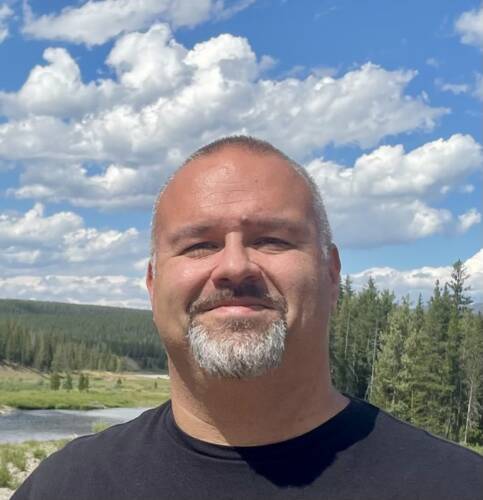This piece is part of an ongoing series focused on the themes of “connection” and “community.” Follow the blog or check our Facebook page to see the other posts in the series as they’re published.
“The club no one wants to join” sounds so cliché at this point it’s almost laughable. But then there’s the matter of what got me into the aforementioned club: Stage IV Merkel Cell Carcinoma, a “rare and aggressive” cancer with a highly-unlaughable five-year survival rate.
Now in year two, I’ve discovered there’s more to this club than the fact that no one applies for admission, and it’s reshaping how I view community.
Pre-diagnosis, I experienced community like many: in family, friends, teams, affinity groups, roommates, and church. And though I’ve never been so moved, I have lost loved ones to die hard fandoms: Trekkies, Potterheads, and Swifties to name just a few. (I came real close with Vanilla Ice in the early 90’s, but that’s a story for another post.) I knew bonds forged through sharing time, mutual interests, or a common goal. And raised in a home where church was integral, I experienced communal bonds formed through shared beliefs, worship, and potlucks…lots of potlucks.
But, this new community I’m apart of, well we don’t share any of that. We weren’t raised the same. We don’t love the same people or share the same interests. We all have different beliefs, and many of us, different gods to whom we pray (if we pray at all). And potlucks are off the table because half of us don’t have an appetite; many would actually need pot and luck to enjoy a potluck (ironic, no?).
At first I thought what bound us – in waiting rooms, and passing each other between oncologist visits, labs, infusions, and MRIs – was a common goal: to live through this disease. But, some are just trying to live well in what time remains. Then I thought it must be the shared experience, until I realized our prognoses, treatment plans, care providers, and insurance coverages are as unique as we are.
So, what bonds this community? Mystery has migrated from the boundaries of our lives to the very heart of our existence. Many of us don’t know why we got sick. We don’t know how to “be” in a world terrified by any reminder of human finitude. And we don’t know what the next scan, the next test, the next year, month, or day will bring. There are no longer things in our lives that are mysterious; our very lives have become manifestations of mystery.
Presbyterians are not usually comfortable with mystery. We rarely pass up a chance to “prove” the unprovable or describe the indescribable. We only retreat to mystery when we have exhausted our audacity and the patience of our audience. So, we’d never even consider placing it at the center of our life together. But should we?
My cancer community has taught me that mystery can create and bind communities together in powerful ways. From mystery comes humility, sober honesty, and an undeniable dependence on God and neighbor. Thes fruits of mystery open us to one another in ways I cannot help but imagine delight the God of Mystery.
Rev. Dr. Brandon Frick is an ordained teaching elder residing in St. Augustine presbytery. He is a co-author of the Sarasota Statement and blogs at grovesandgametrails.com.